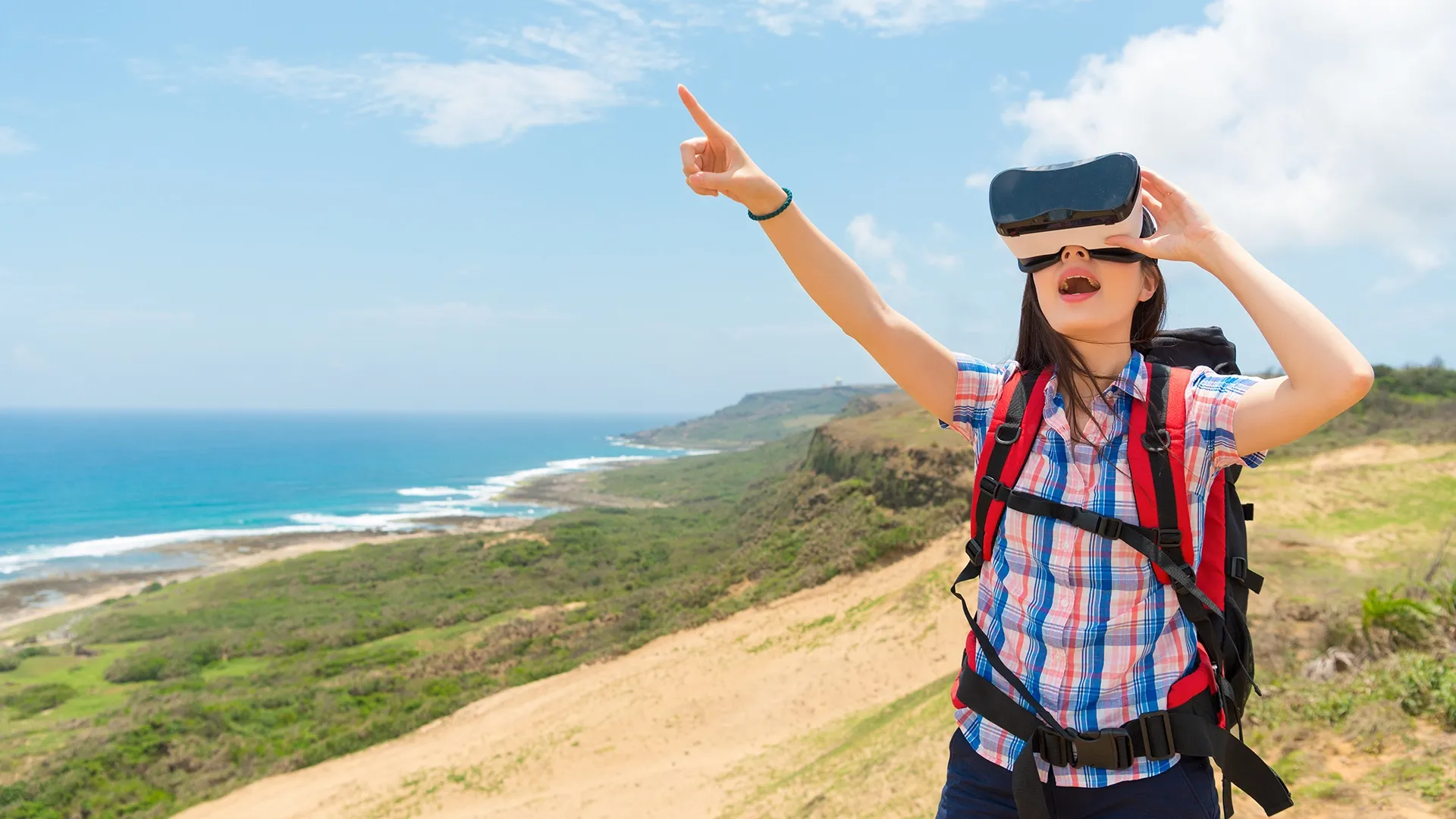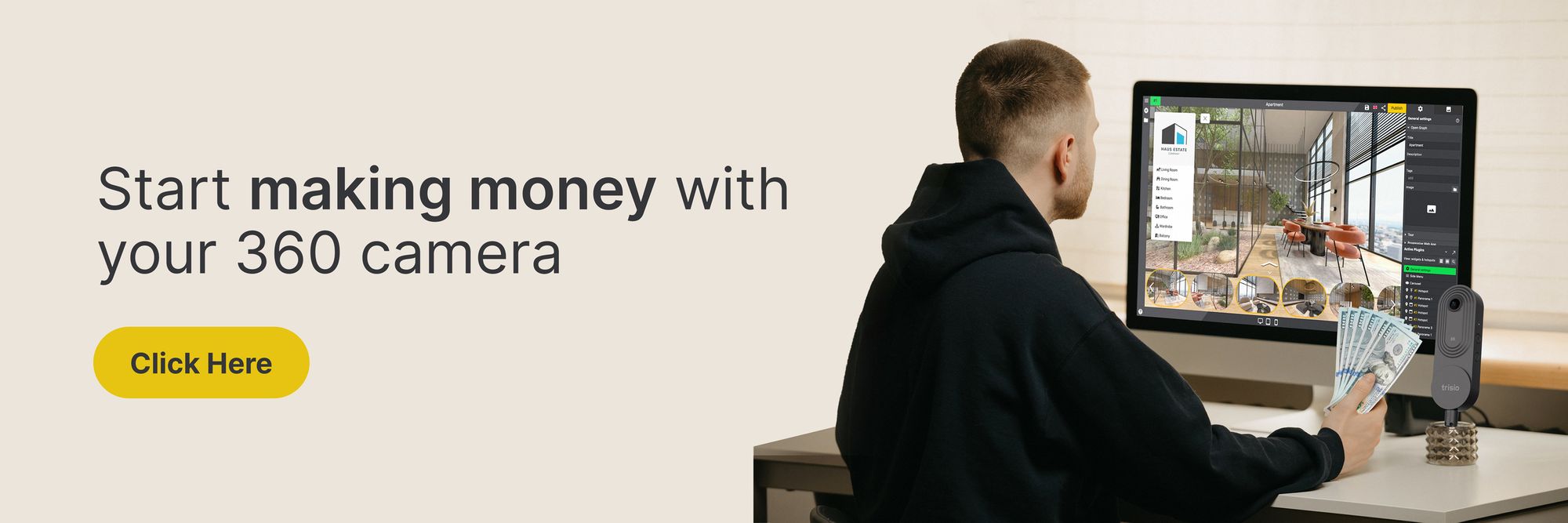The Future of Tourism: How 360 Virtual Tours are Reshaping the Industry
Tourism has always been an industry that relies heavily on the physical presence of people in specific locations to generate revenue.

Tourism has always been an industry that relies heavily on the physical presence of people in specific locations to generate revenue. However, this may not be the case with the rise of technology, particularly 360 virtual tours. Virtual tourism tours have gained popularity, and 360-degree cameras have become a powerful tool for the industry. This article explores how virtual tourism tours are reshaping the tourism industry.
Virtual tourism tours allow users to experience a location or environment from the comfort of their homes. With a 360-degree camera, a 3D virtual tourism experience is created, allowing the user to move through a space as if they were there physically. Virtual tourism tours are made possible using specialized cameras that capture 360-degree images stitched together to create a seamless virtual experience.

One significant advantage of virtual tourism tours is their accessibility. With a computer or smartphone, anyone can access these tours from anywhere in the world. This makes it possible for people who may not have the means to travel to experience different locations and cultures. It also opens up opportunities for people with disabilities or other mobility issues to experience tourism in a new way.
Another advantage of virtual tourism tours is that they can increase the exposure of lesser-known destinations. With the use of virtual tourism tours, travelers can explore destinations they may have never considered before. This can help to distribute tourism more evenly and reduce the strain on popular tourist destinations. As a result, this can lead to more sustainable tourism practices and a reduced environmental impact. By diversifying tourism, it can also help to support local communities and economies.

360-degree camera technology in the tourism industry is not limited to virtual tours. It can also be used to enhance the physical tourism experience. For example, hotels and resorts can use 360-degree cameras to create virtual tours of their facilities, giving potential guests a better idea of what to expect. As a result, it can help to increase bookings and reduce the likelihood of disappointment or negative reviews.
In addition, 360-degree cameras can also be used to capture unique experiences and moments during physical travel. Tourists can use 360-degree cameras to capture and share their experiences with others, creating a more immersive and engaging travel experience. It can also help promote tourism by showcasing a particular location's unique features and attractions.

In conclusion, virtual tourism tours are reshaping the tourism industry by offering new opportunities for accessibility, environmental sustainability, and promotional value. While there are some potential concerns around emotional connection and quality, it's clear that the future of tourism will be shaped by the integration of technology and virtual experiences with virtual tourism tours.

It will be interesting to see how the industry adapts to these changes and how it continues to evolve in the years to come.
